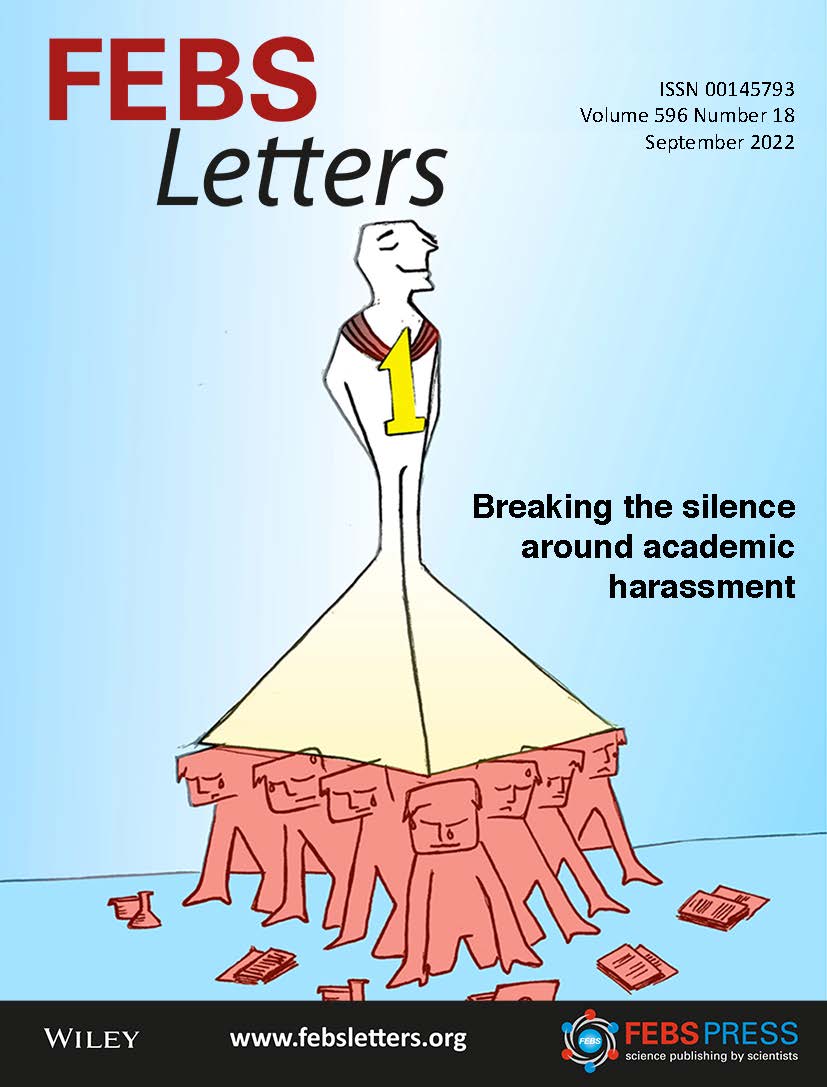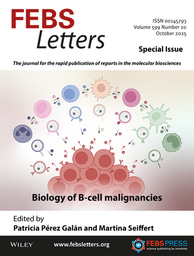Scientists' Forum Virtual Issue on Academic Bullying

The Scientists' Forum is a unique series from FEBS Letters that features news articles, interviews, or letters to the editors showcasing researchers' perspectives on science and society. The Scientists' Forum has presented commentary on science policy, ethics, art, communication, industry—and, recently, a series of successful articles on academic bullying. We have collected these four articles in this Virtual Issue on Academic Bullying.
In the first, widely circulated article, Täuber et al. express the need to "hold every member of the scientific community responsible and ‘response able’ in addressing/reporting academic harassment"[1] and survey the approaches we might take in supporting victims of harassment and preventing harassment in the future.
In the second article, Dr. Morteza Mahmoudi, co-founder of the Academic Parity Movement, takes a granular look at the potential role of an Ombuds Office in addressing academic bullying.[2] His article outlines what distinguishes an Ombuds Office from other campus resources and expands upon what a visitor should expect when visiting their local Ombuds, options for working with groups, and the limits to an Ombuds role and services.
The third article by Dr. Jennifer Swann focuses in on issues relating to diversity in the academic workplace, which "remains disproportionally white despite decades of efforts to diversify the professoriate."[3] Swann articulates the need for efforts at not only the individual and interpersonal levels, but the institutional level—through mentoring, education, workshops, and responsiveness to bullying and race and gender harassment—to create a diverse and equitable academy and recruit and retain faculty from underrepresented populations.
In the fourth and most recent article, Dr. Loraleigh Keashly turns to the bullying of academic faculty, expressing a need to "ensure faculty workspaces are safe...and to support and defend faculty, specifically, and academic freedom and knowledge creation and promotion, generally."[4] She urges responsiveness from the institution to instances of faculty harassment and bullying from other faculty, students, and the public through multiple channels, especially social media.
We hope readers will enjoy this thoughtful collection of articles from working scientists concerning this urgent topic in our field.
If you are interested in contributing to this Virtual Issue, or in writing on another topic for the Scientists' Forum, please have a look at our author guidelines and send a pre-submission enquiry to [email protected].
- Täuber, S., Oliveri, N.F., Kostakopoulou, D. and Mahmoudi, M. (2022), Breaking the silence around academic harassment. FEBS Lett, 596: 2337-2344. https://doi.org/10.1002/1873-3468.14473
- Mahmoudi, M. (2022), The potential role of an Ombuds Office in addressing academic bullying concerns. FEBS Lett, 596: 2593-2595. https://doi.org/10.1002/1873-3468.144810
- Swann, J.M. (2022), Academic bullying and diversity: challenges and solutions. FEBS Lett, 596: 2855-2858. https://doi.org/10.1002/1873-3468.14504
- Keashly, L. (2023), When faculty are bullied: the unacceptable costs of doing our job and what universities can and should do. FEBS Lett. https://doi.org/10.1002/1873-3468.14564




Join the FEBS Network today
Joining the FEBS Network’s molecular life sciences community enables you to access special content on the site, present your profile, 'follow' contributors, 'comment' on and 'like' content, post your own content, and set up a tailored email digest for updates.